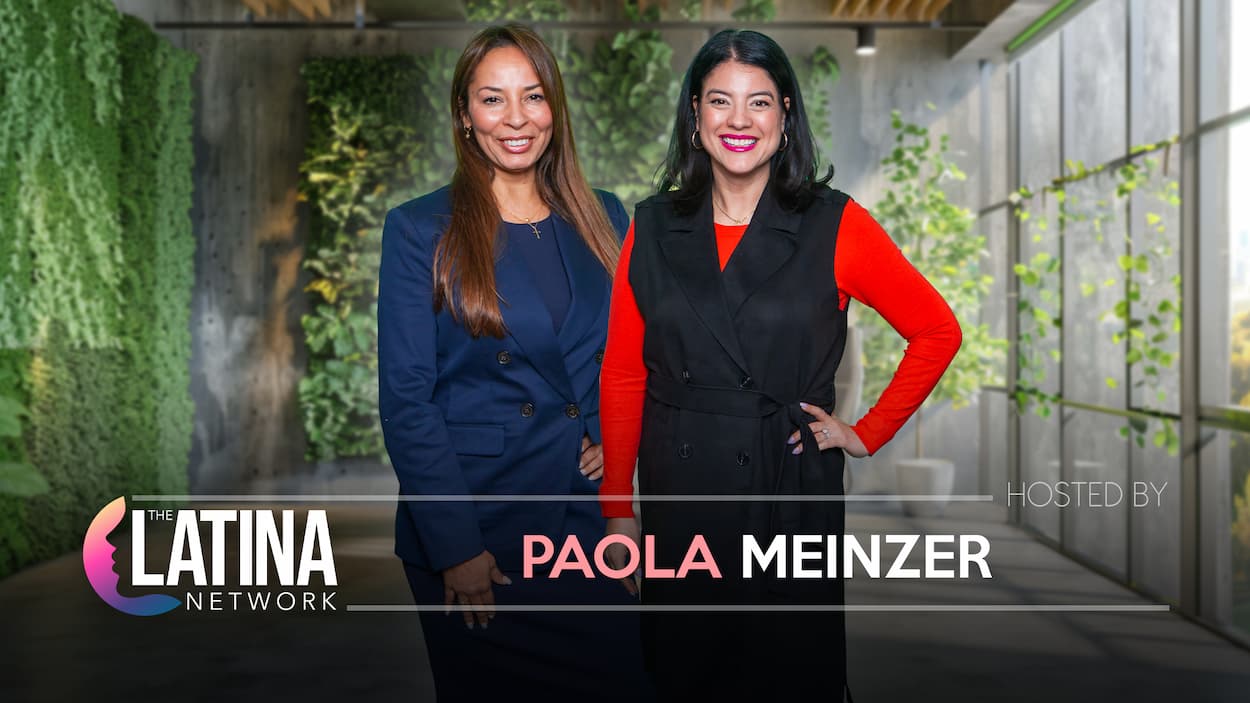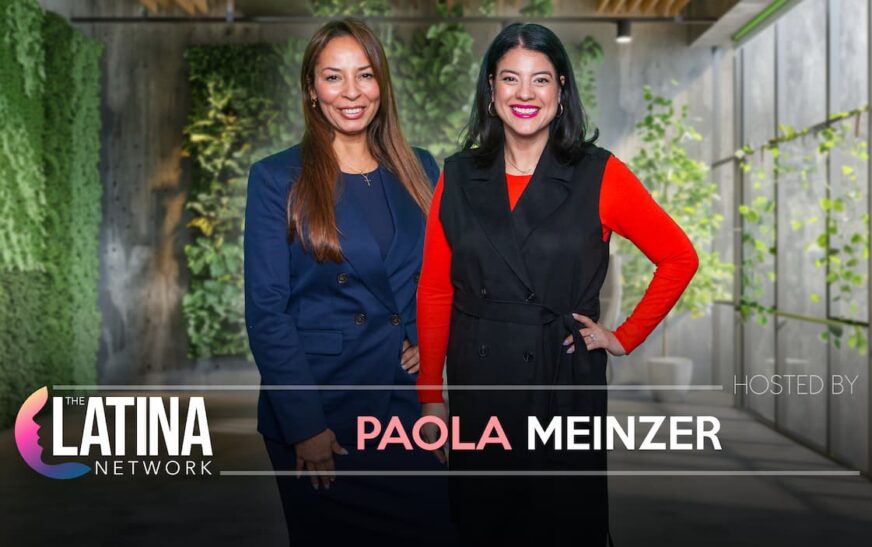For too long, culture was treated as a backdrop to business, a flavor to sprinkle in, a surface-level nod to diversity. Corporations borrowed our colors, our music, our recipes, and our language, but rarely credited or compensated the communities they pulled from. What was seen as “inspiration” was often appropriation, and Latinas were left on the margins of industries we had fueled for decades.
That era is ending. Today, Latinas are no longer simply the subjects of marketing campaigns—we are the architects of brands. We are the founders turning our heritage into strategy, our traditions into product roadmaps, our lived experience into intellectual property. And in doing so, we are proving what should have been obvious all along: culture is currency, and Latinas are rich in it.

When heritage informs product, trust is not manufactured—it is earned. Consider how a snack rooted in traditional flavors connects instantly with consumers who grew up with them at their family tables. Or how a beauty line that honors Indigenous botanicals resonates not just because of its efficacy, but because of the story of continuity it carries. Ethnographic insight—the knowledge of what communities actually use, value, and celebrate—becomes the foundation for innovation. This is not guesswork. It is research, memory, and community co-creation turned into strategy.
But culture as currency does not mean culture as commodity. The line between celebration and tokenization is thin. To build authentically, Latina founders must protect what they create. That means treating designs, names, and concepts not as decoration but as intellectual property. Trademarks, copyrights, and licensing agreements are not luxuries—they are shields against exploitation. Every lookbook, every recipe, every design registered is a declaration that our creativity is not free for the taking. This legal discipline ensures that the wealth generated by our heritage stays with us, rather than being siphoned off by corporations with deeper pockets.
Retail and experiential marketing become even more powerful when rooted in story. A Latina-owned coffee brand that creates an immersive café experience with music, textiles, and storytelling is not just selling coffee—it is offering belonging. A fashion pop-up that incorporates heritage craft techniques is not simply displaying clothing—it is staging theater where culture is protagonist. In an era where consumers crave authenticity, the most successful Latina founders are those who allow their heritage to be felt not only in the product itself, but in every touchpoint where the brand meets the public.

Of course, none of this can scale without margin discipline. Pride and passion are not enough if unit economics do not hold. Latinas must learn to walk the dual path of heart and spreadsheet. That means pricing products not only for accessibility but also for sustainability. It means negotiating with suppliers, understanding minimum order quantities, and refusing to undercut value for the sake of volume. To treat culture as currency is also to treat it with respect, ensuring that it is never undervalued, never sold cheaply, never positioned as disposable. Profit is not the opposite of pride—it is what allows pride to scale.
The rise of Latina-led brands is rewriting the rules of cultural business. No longer are we content to watch others package our heritage for profit. We are building companies that honor our stories and deliver returns. We are designing packaging that reflects our aesthetic traditions, negotiating partnerships that expand reach without erasing identity, and cultivating consumer loyalty not through gimmicks but through truth. The result is a wave of businesses that prove heritage is not a barrier to growth—it is the driver of it.
This shift carries broader implications. Every Latina brand that succeeds opens doors for others. Investors once hesitant to back “niche” businesses are learning that what they dismissed as niche is, in fact, global. Consumers are being educated to see cultural authenticity as premium, not peripheral. And young Latinas watching see not just role models but pathways: proof that they too can build enterprises where their culture is not hidden but highlighted.

To say that culture is currency is not metaphor. It is literal. It is the differentiator that allows Latina founders to stand out in crowded markets. It is the value proposition that sustains brand trust. It is the intellectual property that compounds in worth over time. And when paired with financial strategy, legal discipline, and operational excellence, it becomes the foundation of generational wealth.
We must never forget: our communities have been monetizing culture for centuries—just not always for our own benefit. Now, with Latinas at the helm, the terms are changing. Culture will no longer be extracted from us. It will be owned, protected, and leveraged by us.
Because we are not only creators of culture—we are custodians of its value. And in a world starving for authenticity, our richness is immeasurable.












